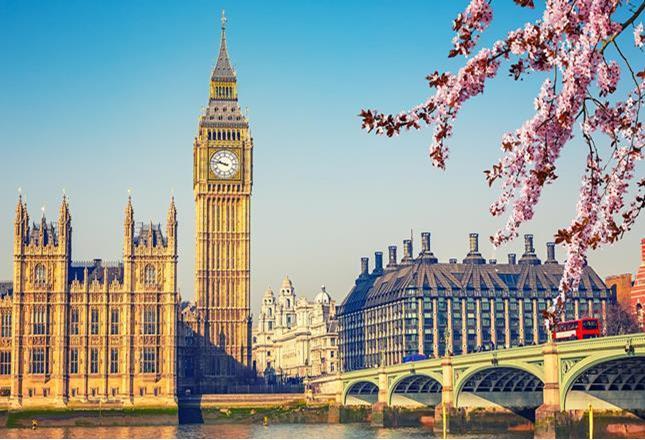
Government opened a consultation on their Civil Society Strategy back in February.
After much anticipation, government released its response to the consultation this month. While the new strategy is undoubtedly a step in the right direction, it’s also fair to say it’s something of a missed opportunity.
Tracey Crouch MP, Minister for Sport, explained that it wanted the completed strategy to; “… play an active role in building a stronger society, unlock the full potential of the private and public sectors to support social good, help improve communities to make them better places to live and work in and build stronger public services.”
The consultation focused on four areas; defining civil society, people, partnerships and place.
James Allen, Director of Policy, Governance and External Affairs, led the Alliance’s response, and used the consultation as an opportunity to highlight the social value of sport and the huge contribution of sports clubs and charities across the sector to civil society.
We also highlighted specific programmes run by some of our members such as Greenhouse Sports who utilise coaching as a mechanism to empower disadvantaged younger people to participate within civil society.
Ready Steady Active is another organisation who deliver a vision of a healthy, active and cohesive nation by breaking down barriers to people from lower socio-economic backgrounds within civil society.
Sadly, government’s 120+ page response makes limited mention of the potential for sport and recreation to benefit civil society and lacks any explicit commitment to new support for the sport sector.
There is mention of Sport England’s 12 local delivery pilot schemes, facilitating £100 million to build ‘healthier communities’. However, this initiative had already been announced in December 2017.
Similarly, there is limited mention of the role of volunteering and in particular the role sport volunteering can play in contributing to civil society. Despite this, sport volunteering remains the single biggest contributor to the sector with over three million regular volunteers.
On a more positive note, government has pledged a move towards more autonomous decision-making structures within communities, by promising to unlock £20 million to support community organisations over the next two years.
This act of devolution has the potential to benefit local grassroots sport programmes. This is, however, up to the discretion of local areas and will rely upon local sports clubs taking the initial steps to approaching UK Community Foundations themselves.
Shortly after the announcement of the Civil Society consultation, government announced a call for evidence for the Integrated Communities Strategy. The response to this and government’s Loneliness Strategy are due at the end of 2018.
The Alliance has called on government to make sure there is a joined-up approach across these strategies which capitalize on the advantages of sport and recreation.
While the Civil Society Strategy represents something of a missed opportunity, we are hopeful that forthcoming strategies reflect the role which sport and recreation can play.
The Alliance will update you on the release of these strategies and the implications for you and the sector in the upcoming months.
It is with immense sadness that the Sport and Recreation Alliance learned of Andy Sutch’s passing last week, and we send our deepest condolences to Andy’s family and friends.
Read moreThis afternoon, the Chancellor delivered her Budget speech to Parliament, outlining decisions on tax and spending.
Read moreAhead of the Chancellor’s Budget statement on 26 November, we take a look a look at the key areas to be aware of and the work the Alliance has been doing lobbying on behalf of members.
Read moreJoining the Sport and Recreation Alliance is pretty simple, but worthwhile!
Register now